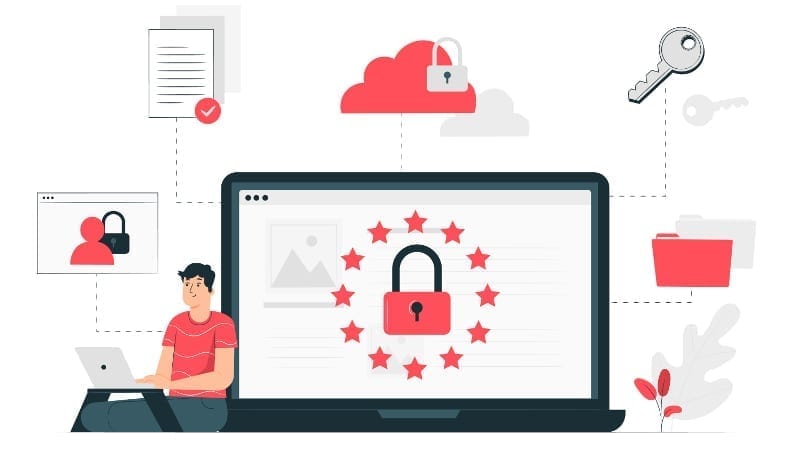The transition to a green economy is no longer just a vision; it’s a necessity. In the United Kingdom (UK), small businesses are at the forefront of this transition, driven by the dual goals of sustainability and economic growth. Central to this transformation are subsidies aimed at promoting green energy initiatives and sustainability practices among small businesses. In this article, we explore the impact of subsidies on UK small businesses, highlighting the benefits, challenges, and opportunities they present in the journey towards a greener, more prosperous future.
1. The Shift Towards Green Energy
The imperative to combat climate change has accelerated the adoption of green energy solutions across industries. Recognizing the environmental and economic benefits, small businesses increasingly embrace renewable energy technologies such as solar, wind, and hydropower. Subsidies are pivotal in facilitating this shift by making green energy more accessible and affordable for small businesses, thereby driving the transition towards a low-carbon economy.
2. Understanding Small Business Energy Grants and Subsidies
Small Business Energy Grants and Subsidies are government-backed initiatives designed to incentivize small businesses to invest in renewable energy sources and adopt sustainable practices. These subsidies provide financial assistance, tax incentives, and technical support to help small businesses overcome the initial barriers to green energy adoption, such as high upfront costs and complex installation processes.
3. The Impact on Cost Savings and Operational Efficiency
One of the most significant benefits of subsidies for small businesses is the potential for cost savings and improved operational efficiency. By investing in renewable energy technologies and energy-saving measures, businesses can reduce their dependence on traditional fossil fuels, lowering energy bills and operating costs. Additionally, energy-efficient practices can enhance productivity, reduce downtime, and improve overall business performance.
4. Driving Innovation and Technological Advancement
Subsidies stimulate innovation and technological advancement in the green energy sector by incentivizing research, development, and deployment of cutting-edge technologies. Small businesses with access to subsidies can invest in innovative solutions such as energy storage systems, smart grids, and decentralized energy generation, thereby fostering a culture of innovation and driving economic growth in the green economy.
5. Environmental Benefits and Corporate Responsibility
The environmental benefits of subsidies for small businesses are manifold. Small businesses contribute to mitigating climate change and protecting natural ecosystems by reducing greenhouse gas emissions and environmental pollution. Moreover, embracing green energy and sustainability practices enhances small businesses’ corporate social responsibility (CSR) profile, enhancing brand reputation and customer loyalty.
6. Overcoming Barriers to Adoption
Despite the numerous benefits, small businesses may encounter barriers to adopting green energy solutions. These barriers include a lack of awareness, financial constraints, regulatory complexity, and technical challenges. However, organizations like CQuel Net Zero Solutions offer support and guidance to navigate these obstacles, helping small businesses access subsidies, implement green energy projects, and maximize their environmental impact.
7. Leveraging Subsidies for Economic Growth
Subsidies not only benefit individual small businesses but also contribute to broader economic growth and job creation. By incentivizing investment in green energy infrastructure and sustainable technologies, subsidies stimulate economic activity, create employment opportunities, and drive innovation in related sectors such as manufacturing, construction, and engineering.
8. Addressing Energy Poverty and Social Equity
Subsidies for green energy initiatives can play a crucial role in addressing energy poverty and promoting social equity. By making renewable energy more affordable and accessible, subsidies ensure that all segments of society, including low-income households and marginalized communities, can benefit from the transition to clean energy. This inclusive approach fosters social cohesion and reduces disparities in access to energy resources.
9. Navigating the Policy Landscape
Navigating the complex policy landscape surrounding green energy subsidies can be challenging for small businesses. However, with the right knowledge and strategic guidance, businesses can identify relevant subsidies, understand eligibility criteria, and navigate the application process effectively. Organizations like CQuel Net Zero Solutions provide expertise and support to help small businesses leverage subsidies and maximize their impact on sustainability.
10. The Future of Green Energy in the UK
The future of green energy in the UK is bright, fueled by the collective efforts of small businesses, policymakers, and stakeholders. Subsidies will continue to play a vital role in driving the adoption of renewable energy technologies, promoting energy efficiency, and fostering a sustainable economy. As small businesses increasingly embrace green energy solutions, the UK is poised to lead towards a cleaner, greener future.
Conclusion
In conclusion, subsidies for green energy initiatives profoundly impact UK small businesses, driving innovation, cost savings, and environmental sustainability. By leveraging Small Business Energy Grants and Subsidies, businesses can overcome barriers to adoption, reduce operating costs, and enhance their competitive advantage in transitioning to a green economy. With strategic support from organizations like CQuel Net Zero Solutions, small businesses can navigate the complexities of subsidy programs and unlock the full potential of green energy for a brighter, more sustainable future.
FAQs (Frequently Asked Questions)
1. What are Small Business Energy Grants and Subsidies?
Small Business Energy Grants and Subsidies are government-backed initiatives to incentivize small businesses to invest in renewable energy sources and adopt sustainable practices. These subsidies provide financial assistance, tax incentives, and technical support to help businesses transition to clean energy.
2. How do subsidies benefit small businesses?
Subsidies benefit small businesses by reducing the upfront costs of green energy investments, lowering energy bills, improving operational efficiency, enhancing brand reputation, and driving innovation and technological advancement in the green energy sector.
3. What role do organizations like CQuel Net Zero Solutions play in supporting small businesses?
Organizations like CQuel Net Zero Solutions provide support and guidance to small businesses seeking to navigate the complexities of green energy subsidies. They help businesses identify relevant subsidies, understand eligibility criteria, and navigate the application process effectively to maximize their impact on sustainability.
4. What are some common barriers to adopting green energy solutions?
Common barriers to adopting green energy solutions include lack of awareness, financial constraints, regulatory complexity, technical challenges, and uncertainty about returns on investment. However, with strategic support and guidance, businesses can overcome these barriers and leverage subsidies to transition to clean energy.
5. How do subsidies contribute to economic growth and social equity?
Subsidies for green energy initiatives stimulate economic growth by creating employment opportunities, driving innovation, and fostering investment in related sectors. Additionally, subsidies promote social equity by making renewable energy more affordable and accessible, reducing disparities in access to clean energy resources.















